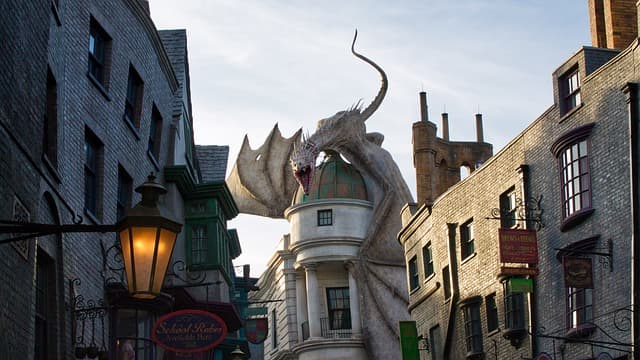Plenty of popular books have been adapted into movies, but sometimes the film adaptations fail to fully capture the magic that the text creates. Our club readers discuss which books are far superior to their movie versions. Here are 10 examples where the book was better than the movie.
“The Lord of the Rings” by J.R.R. Tolkien
Although Peter Jackson’s films have become iconic, many fans believe that Tolkien’s book remains unrivaled. The books’ descriptions of the world, characters, and stories are deeper, and they offer more philosophical context that is difficult to convey in the movies.
“Harry Potter” by J.K. Rowling
The Harry Potter film adaptations have inspired a generation, but many details important to the book have been omitted. The story, character development, and details of the magical world described in the books are much deeper than in the movies.
“Iron Man” Stan Lee
Although the Iron Man movies starring Robert Downey Jr. are known the world over, the comic books they are based on are full of more depth and philosophy than the movies could convey.
“Charlotte and Her Spidey” by E.B. White
The movie is certainly touching, but the book remains more emotionally intense. White manages to convey the tenderness and connections between the characters on a deeper level.
“Bridge Over Eternity” by Richard Bach
The book’s plot is filled with philosophical musings and spiritual quest, while the film adaptation simplifies the main message, losing the author’s fine-tuning.
“Dark Beginnings” by Philip Pullman
While the film adaptation of this work is interesting, Pullman’s book creates a more complex picture of the universe, philosophical and moral issues that are lost in the movies due to the simplification of the plot.
“Maze Runner” James Dashner
Movies about teenagers trapped in a maze failed to fully convey the atmosphere of the book, its tension and philosophical reflections on the nature of society.
“The Shining” Stephen King
Stephen King is a master of psychological horror, and his book is full of disturbing and heartfelt moments that Stanley Kubrick’s movie only partially conveys. The psychology of the characters and the darkness that surrounds them is much stronger in the text.
“Dracula” Bram Stoker
In screen adaptations, the image of Count Dracula is often turned into another vampire-lover, which contradicts the dark and intimidating appearance created by Stoker in his novel.
“The Invisible” by HG Wells
Although many films about The Invisible Man have moved away from Wells’ original idea, his book presents a deeper exploration of loneliness, power, and morality that screen adaptations fail to achieve.
These examples show how books can touch on deeper themes and develop characters with the same attention that is difficult to convey through the screen. Literature has the ability to create worlds and images that stay with us far longer than any movie.
